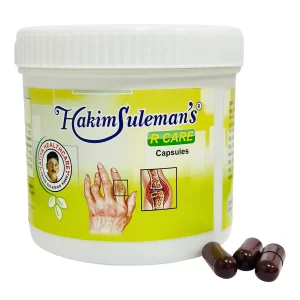Joints are the structures that connect two or more bones in your body and are surrounded and cushioned by soft tissues. Swelling occurs when fluid accumulates in these tissues. Pain, stiffness, or both may accompany joint swelling. You may also notice that the affected joint appears bigger than normal or irregularly shaped.
Joint swelling can be a symptom of a chronic condition, such as arthritis, or an injury that requires medical attention, such as a dislocation.
Joint swelling can be a symptom of a chronic condition, such as arthritis, or an injury that requires medical attention, such as a dislocation.
Symptoms
- Deep, aching pain
- May feel warm to touch
- Stiffness
- Inability to move them normally
Causes
- Arthritis
- Damage to the cartilage, tendons, and ligaments in your joints
- Gout
- Uric acid
- Psoriatic arthritis
- Injuries
- Bone fractures
- Spondylitis
- Dislocations
- Fluid-filled sacs found about your joints
- Infectious (Septic) Arthritis
- Hemophilia A
- Rheumatic Fever
- Tennis Elbow
- Joint injuries
Prevention and Precautions
- Maintain mobility and function
- Maintain a healthy weight
- Do not smoke
- Eat a healthful diet
- Stop alcohol
Lifestyle and Dietary Tips
- Maintain ideal weight
- Exercise
- Eat a healthy diet
- Get vitamin C
- Avoid alcohol
- Control stress
- Get enough rest
Home Remedies
- Physical activity
- Water aerobics
- Strengthening exercises
- Posture and support
- Weight loss and diet
- Medications
- Massage
- Aromatherapy preparations
- Protection
- Heat and cold
- Climate
- Medical marijuana
- Apple cider vinegar
Our Suggestion
Showing the single result

